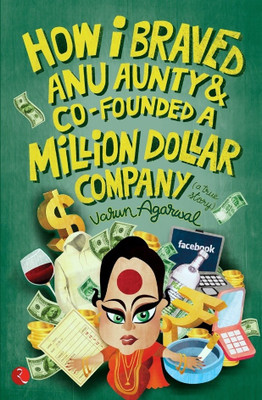[This post is not about competitive runners and runners who want to get onto (any kind of) podium one day, in any form]
I am a recreational runner. I have been one for more than 5 years. Started with dream runs(5-7KM), 10KM runs, graduated to half-marathons (21.0975KM) and full-marathons (42.195KM) in a couple of years. I ran 15 full marathons so far, half domestic and half overseas, some at exotic locations. And, of late, I have been plagued by this dilemma - Why "What's your timing?" becomes such an important question, when runners (even hitherto strangers) meet at these events?
I did discuss this point with several runner friends, and each have their own theories. I felt like penning it down, after seeing the disappointment in a runner today at
TCS 10K, because he couldn't do his PB (Personal Best in runners jargon), and a whole bunch of his friends consoled him saying things like - "Come on! It's alright. it's just not your day", "It's not the last event. You can do better in xyz run.", "You are an awesome runner. Runners never loose, losers never run" etc., All this, because he took a few more minutes than what he planned, to finish a 10K run. And, BTW, those few minutes don't take him anywhere close to the winner, and he is just a
recreational runner.
Now the discussion starts. Why long distance recreational runners get so obsessed with their finishing times? The very reasons for the participation itself are different - fitness, health, travel, fun, discipline, being active etc., Will a better timing help in enjoying more of any of those? I don't think so. Then why?
A very competitive friend of mine suggests that what one does at distance runs (at anything, for that matter) is just an extension/expression of oneself. If one is passionate about things that one pursues, and is a perfectionist, one can't help NOT looking forward to improving in run after run. You can have just one personality. Same will be expressed everywhere. Work or Play. - Sounds like a fair point. But, what if we use our competitive spirit judiciously, wherever it matters? Wouldn't running be more fun! Or, is it just impossible?
Another couple of friends suggest, without attaching any personality traits, it's just what running fraternity has been doing for years. Boston Marathon (With the toughest entry criteria) is the holy grail for runners. For ages, runners dreamed to participate in that. Better runners inspire and motivate us to chase them. And, we just do it. - Hmm... So, we are doing it, just because that's what everyone is doing. Basically, a mindless pursuit of the unknown. Not so convincing.
Personally, I wish I had been more occupied with the scenic beauty of Niagara Falls than with the continuous calculations in my brain, with each passing kilo-meter (to determine my finish-time), during Niagara Falls Marathon. Same is true with several other runs. A couple of my runner friends injured themselves in this pursuit of improvement in every run, and were off the roads for several months. When I tell about my runs at exotic locations like Athens/Venice, non-runners ask me more about those places and people, and runners ask about the course and weather - flat course or hilly, hot or cold, is a PB doable, and of course my timing :-)
This is no complaining. But, it's always good to sort out the priorities, once in a while.
And, if you ask me what's my best running moment - it is when that 3 year old little girl offered me an orange candy (after carefully unwrapping, so that I can enjoy it as it is), 4 KM before the finish line during
Mumbai Marathon - 2011. I didn't stop and ask her name, as it would have added another few minutes to my record breaking 5:13 finish that year :-)






